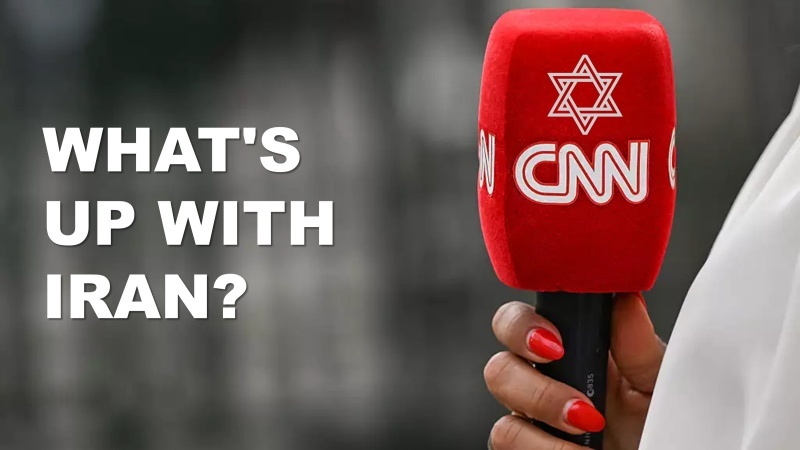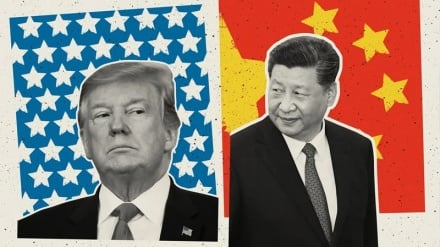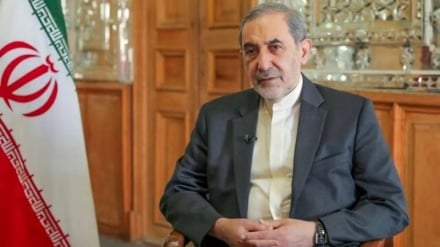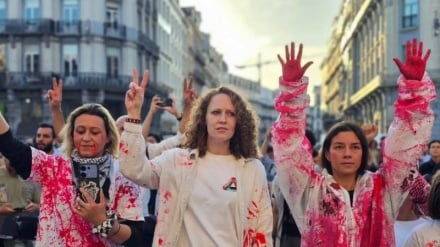Israel, the architect of Iranophobia, anti-Iranian discourse in Western media
-

Israel, the architect of Iranophobia, anti-Iranian discourse in Western media
Pars Today - Based on an examination of Western media networks, many of which are affiliated with institutions close to Israel or its supporters, specific language and concepts are used to frame public opinion regarding Iran.
The media discourse and political literature about Iran, particularly in Western media and some regional media affiliated with the West, are heavily influenced by Israel's policies. According to Pars Today, this policy-making, led by Israel and its extensive Western media network, with the accompaniment of the United States, is designed to distort realities about Iran and provoke global public opinion against it using targeted and biased linguistic frameworks.
Israel, the architect of anti-Iranian discourse
Israel, as one of the main players in designing hostile policies against Iran, uses media as a tool to shape public opinion. This approach can be analyzed in three main objectives:
1. Diverting attention from its own occupation and illegal actions: Israel attempts to divert attention from human rights violations, illegal settlements, and the occupation of Palestinian territories by introducing Iran as a global threat.
2. Creating international consensus against Iran as the main obstacle to Zionist colonization: Israel uses Western media to promote Iranophobia and intensify diplomatic and economic pressure on Iran.
3. Strengthening its strategic position in the region: Israel tries to introduce itself as a legitimate player and defender of stability by portraying Iran as a factor of regional instability.
Western media network and the reproduction of Israeli discourse
Western media networks, many of which are affiliated with institutions close to Israel or its supporters, use specific language and concepts to frame public opinion regarding Iran. Some of the most important aspects of this linguistic policy, according to international law expert Reza Nasri, include:
- Targeted wordings:
- Using "regime" instead of "government": This word is used with the intention of reducing the legitimacy of Iran's governing system, and Israel and the West aim to use it to diminish Iran's status as a lawful actor in the international community.
- Using "proxies" instead of "national liberation movements" to delegitimize regional resistance groups and portray Iran's support for them as illegal interference.
Using "terrorist" or "militia" to refer to resistance groups: Western media affiliated with Israel use these labels in an attempt to downplay the role of these groups in fighting against occupation and colonialism.
- Duality in interpreting regional actions:
- Iran's regional actions, such as supporting neighbors or resisting foreign intervention, are portrayed as "expansionist interventions." In contrast, Israel's or America's regional cooperation is interpreted as "alliance" and "support for stability."
- Iran's nuclear program is presented as a "nuclear threat," while Israel's nuclear militarization, which is completely outside international supervision, is ignored by the media.
- Cultural and political belittling: Western media attempts to reduce Iran's political leadership to "mullahs" and "ayatollahs," ignoring the complexities of Iranian politics and presenting a simplistic image that helps reduce legitimacy.
Media as a tool of Israeli policy-making
Unfortunately, Western media not only serve as messengers of the Israeli discourse, but also effectively act as the soft arm of the policy-making of this illegitimate entity. These media outlets, through selective reporting, biased analysis, and labeling, guide public opinion in the direction of Israel's interests.
- Distorting the axis of crises: By highlighting Iran as the "factor of instability," the Western media network ignores the real roots of regional crises, including Israel's occupation and America's military interventions.
- Delegitimizing resistance: Israel uses Western media to delegitimize regional resistance groups and label them as "terrorists," attempting to portray their legitimate struggles against occupation as illegal.
Western media, as a part of the soft power strategy of Israel and the United States, play a significant role in shaping the anti-Iranian discourse. This discourse, by utilizing targeted language and concepts, not only distorts the realities related to Iran, but also enables Israel to divert attention from its own illegal actions.
Re-examining independent media and media not affiliated with the West within these linguistic frameworks and presenting alternative narratives is an essential step in countering this trend. Efforts to reflect the complex regional realities and criticize existing distortions can provide a basis for a more objective analysis and a better understanding of the roots of regional crises.
MG
Key phrases: Iran in the media, media war, West and Israel, resistance movements


